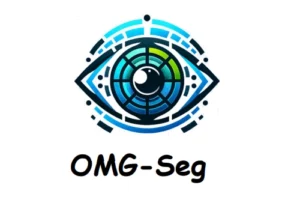
In 2009, Arnese created the AI-centered music firm Amp in Munich. It was recently acquired by Landor & Fitch, a subsidiary of the WPP advertising conglomerate.
Amp employs Artificial Intelligence to create a wide range of sounds for businesses, from short bursts of noise when an app begins to the sound of a bank card transaction completing to extended compositions for podcasts and social media videos. This is referred to as a brand’s “sonic identity” by him.
Recently, the internet has been filled with instances of what Artificial Intelligence can achieve, such as recasting films (Harry Potter with muscle-bound protagonists), new songs with the voices of deceased musicians such as Amy Winehouse or Kurt Cobain, and radical architectural sketches.
The initial duty of Artificial Intelligence is to ensure that this does not sound similar to noises already used by other organizations. Machine learning can also determine whether the music’s signature patterns are likely to create an impact and be memorable.
However, once this DNA is created, the primary job of Artificial Intelligence, according to Arnese, is to enable corporations to make music on an industrial scale in order to fulfill digital outlets.
Artificial Intelligence can build theoretically endless music remixes from this DNA, with varying tempos, moods, and durations based on the context, whether it’s a TikTok video, the noise of an appliance turning on, or the intro music for a podcast. Each result is reviewed by humans before it is made public.
Arnese is from Italy and studied clarinet at a conservatory before moving on to IT at the University of Pisa, where he developed an interest in machine learning. He moved to Germany after graduation to work as a management consultant.
Fearing that sound might disappear from his life, he abandoned his corporate career to launch his digital agency centered on his first love, music. He thinks it was difficult to get brands to invest in music in the first place, but that has all changed in the last few years. Large corporations used to produce only one or two television commercials every year.
However, certain doubts endure regarding whether Artificial Intelligence is truly a “game-changer” in the advertising industry.
“People put a lot of money into things like the Metaverse, crypto, and NFTs, all the things marketers got excited about, and now they’ve had to backtrack,” warns Marketing Week’s Molly Innes.
As a result, many individuals in the advertising industry are taking a wait-and-see approach to Artificial Intelligence, she says, especially since there is less money available to invest in it right now.
Arnese believes that artificial intelligence will have a significant impact on advertising. However, he does not believe it will result in the enormous job losses that some fear.
“Artificial Intelligence is just another tool to help you do your job,” he explains.
Similar Posts
-
Chinese Company DeepSeek Releases DeepSeek-Coder a LLM for Code Generation
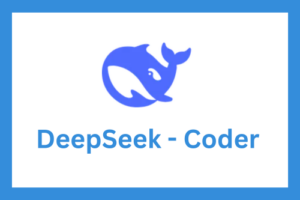
-
Alibaba’s Mobile-Agent: A Smart Mobile Assistant
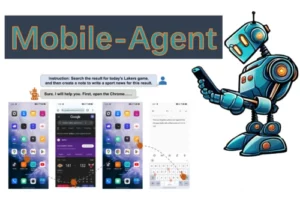
-
Grounded SAM: A Unified Model for Diverse Visual Tasks

-
Gaussian Head Avatar: High Quality Head Avatar Generator
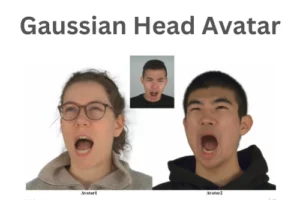
-
Google DeepMind’s AlphaGeometry: Without Assistance Solving Olympiad Geometry Problems
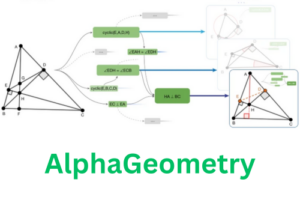
-
OMG-Seg: A Unified Segmentation Model
